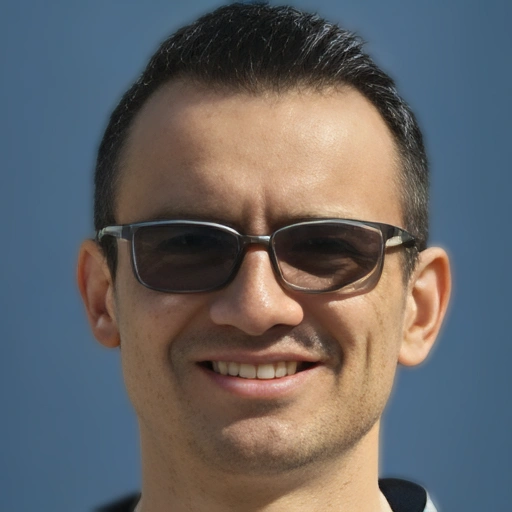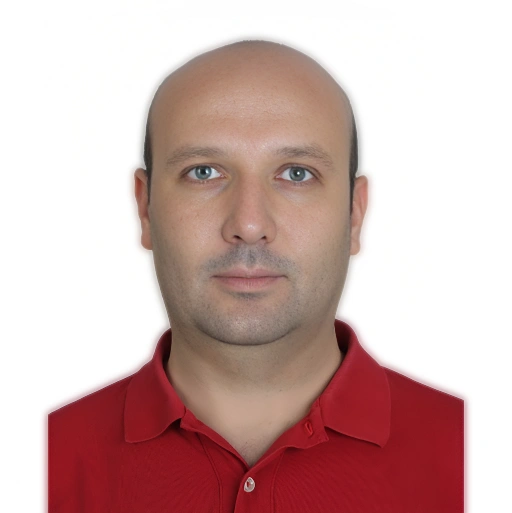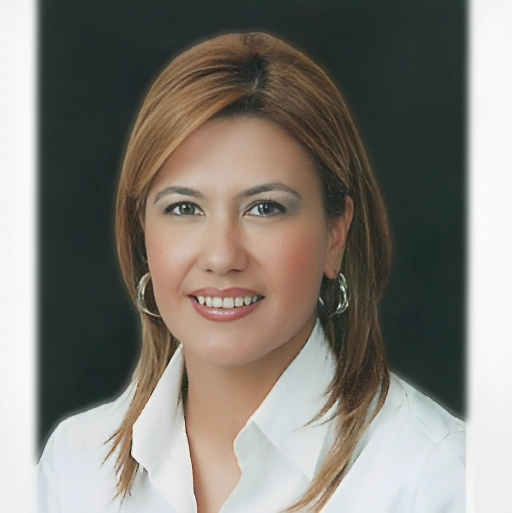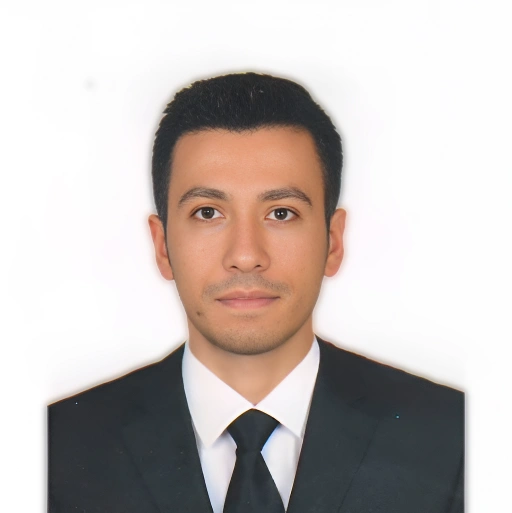The Role of Artificial Intelligence Large Language Models in Personalized Rehabilitation Programs for Knee Osteoarthritis: An Observational Study
Yazarlar (4)
Öğr. Gör. Ömer Alperen GÜRSES
Kırşehir Ahi Evran Üniversitesi, Türkiye
Doç. Dr. Anıl ÖZÜDOĞRU
Kırşehir Ahi Evran Üniversitesi, Türkiye
Prof. Dr. Figen TUNCAY
Kırşehir Ahi Evran Üniversitesi, Türkiye
Doç. Dr. Caner KARARTI
Kırşehir Ahi Evran Üniversitesi, Türkiye
| Makale Türü |
|
||
| Dergi Adı | Journal of Medical Systems (Q1) | ||
| Dergi ISSN | 0148-5598 Wos Dergi Scopus Dergi | ||
| Dergi Tarandığı Indeksler | SCI-Expanded | ||
| Makale Dili | Türkçe | Basım Tarihi | 01-2025 |
| Cilt / Sayı / Sayfa | 49 / 1 / 73–0 | DOI | 10.1007/s10916-025-02207-x |
| Makale Linki | https://pmc.ncbi.nlm.nih.gov/articles/PMC12134017/ | ||
| Özet |
| Background: Large language models (LLMs) can contribute to treatment options and outcomes by assisting physiotherapists for conditions like osteoarthritis. Aims: The objective of this early-stage cross-sectional study is to assess the alignment of large language models with physiotherapists in designing physiotherapy and rehabilitation programs for knee osteoarthritis. Methods: Forty patients diagnosed with knee osteoarthritis were assessed using standardized clinical criteria. For each patient, individualized rehabilitation programs were created by three physiotherapists and by ChatGPT-4o and Gemini Advanced using structured prompts. The presence or absence of 50 clinically relevant rehabilitation parameters was recorded for each program. Chi-square tests were used to evaluate agreement rates between the LLMs and the physiotherapist-generated Consensus programs. Results: ChatGPT-4o achieved a 74% agreement rate with the physiotherapists’ Consensus programs, while Gemini Advanced achieved 70%. Although both models showed high compatibility with general rehabilitation components, they demonstrated notable limitations in exercise specificity, including frequency, sets, and progression criteria. ChatGPT-4o performed as well as or better than Gemini in most phases, particularly in Phase 3, while Gemini showed lower consistency in balance and stabilization parameters. Conclusions: ChatGPT-4o and Gemini Advanced demonstrate promising potential in generating personalized rehabilitation programs for knee osteoarthritis. While their outputs generally align with expert recommendations, notable gaps remain in clinical reasoning and the provision of detailed exercise parameters. These findings underscore the importance of ongoing model refinement and the necessity of expert supervision for safe and effective clinical integration. |
| Anahtar Kelimeler |
| Artificial intelligence | Knee osteoarthritis | Large language models | Physiotherapy | Rehabilitation program |




